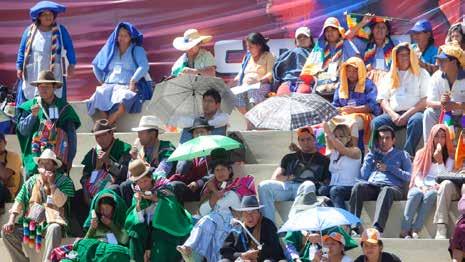Alex Beard, History and German at University College
Marx, History, Humanism: why E.P. Thompson still matters 12
“Few spectacles would be more ludicrous than that of an English historian – and, moreover, one manifestly self-incriminated of empirical practices – attempting to offer an epistemological correction to a rigorous Parisian philosopher.”
These words preface a two-hundred-odd word polemic against the French philosopher Louis Althusser. The English challenger in question is Edward Palmer Thompson: one of 20th century Britain’s most formidable public intellectuals and, along with the venerable Eric Hobsbawm, perhaps its most obvious byword for ‘Marxist historian’.
It is impossible to consider both Thompson’s personal and academic histories without taking these two signifiers – ‘Marxist’ and ‘historian’ – to be inseparable. There was no point at which his historical enquiry was not subject to a well-applied materialist logic, and no point at which he did not attempt to understand the past as it was experienced by the masses who lived and attempted to make it. Similarly, his own political activity was governed firmly by the understanding that it is within people’s power to make their own history, even as they do so in circumstances outside of their control. Thompson’s intellectual and political crusades began simultaneously. Having studied at Corpus Christi, Cambridge, he joined the circle of Communist Party historians who owed their rhetorical vigour and academic rigour to the Marxist world-view they had developed as students. That they numbered such famous names as Hobsbawm, Christopher Hill, and George Rudé is no remarkable coincidence. In a field which had been overwhelmingly concerned with kingship, constitution and diplomacy, the Marxists’ revolution was to interrogate the historical experience of those who actually lived it. And a materialist approach to the past enabled an explanation of historical causation and change that comfortably usurped the shaky defences of ‘Great Men’ offered up by liberal historiography.
The fledgling group largely disbanded in 1956, after some of its most notable members (with Hobsbawm a controversial exception) left the Party in protest at Soviet forces’ brutal suppression of a popular uprising against the Hungarian regime. Thompson – who left along with his wife, the pre-eminent historian of Chartism, Dorothy née Towers – cited a lack of “free activity and democratic initiative”. These features would be key to the unapologetically humanist Marxism that Thompson would expound up to his death. His departure was as much an assertion of intellectual integrity as an act of political resistance. As early as his Communist Party days, Thompson had made clear the idiosyncrasies of both his history and his Marxism. His earliest published work was not a study of the English or French revolutions, nor a detailed history of the labour movement, but rather an (arguably overly) expansive biography of the literary figure and socialist William Morris. The vibrancy of history lay for













